With the first examples of the all-new 2022 Range Rover on their way to customers, Land Rover is about to take the wraps off its radically reinvented Range Rover Sport sibling, the current version of which has become one of the company’s best-selling cars.
Making its long-awaited debut later today, the Mk3 Range Rover Sport will play a fundamental role in supporting Jaguar Land Rover as the firm embarks on a wide-reaching and rapid-fire electrification programme. Every year for the past five years, the current model has outsold the standard Range Rover by more than 40% and more recently has jostled with the smaller Range Rover Evoque and Land Rover Discovery Sport for the position of JLR’s best-selling overall model.
The new Range Rover Sport has been revealed - click on the link to read all the details.
The roll-out of Land Rover’s new MLA Flex architecture to its largest models means the Mk3 Range Rover Sport will be a radically different proposition from the outgoing car, which will be 10 years old by the time it is replaced.
Claimed to bring 50% more torsional stiffness and to reduce structure-borne noise by 24%, the new shell promises to substantially improve rolling refinement for the Range Rover family. The Sport, in particular, could have an enhanced focus placed on its dynamic credentials as a Porsche Cayenne rival.
Range Rover Sport redefined | May 10 2022#RangeRoverSport pic.twitter.com/v0KW38oRtO
— Land Rover (@LandRover) April 25, 2022
This is especially notable in light of a powertrain-sharing agreement between JLR and BMW. The tie-up means the most potent Range Rover Sport SVR will swap its supercharged V8 for a BMW-developed, twin-turbocharged 4.4-litre V8, which paves the way for a hefty power increase and – more radically – a highly potent plug-in hybrid drivetrain option.
The current Range Rover Sport SVR uses the 567bhp 5.0-litre V8 reserved for models in the company’s Special Vehicles portfolio – currently comprising identically powered versions of the Land Rover Defender, Range Rover, Jaguar F-Pace and Jaguar F-Type. This engine was historically produced by Ford in Bridgend but was taken in-house when that facility closed in 2019. As the implementation of stricter Euro 7 emissions legislation looms, production of this engine will be gradually wound down and JLR’s most potent models will make the switch to BMW power.

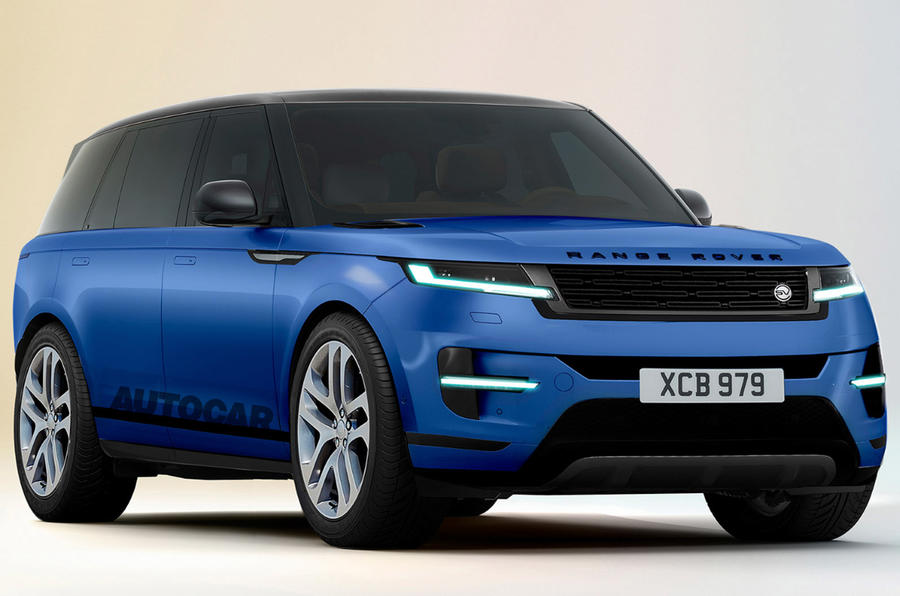
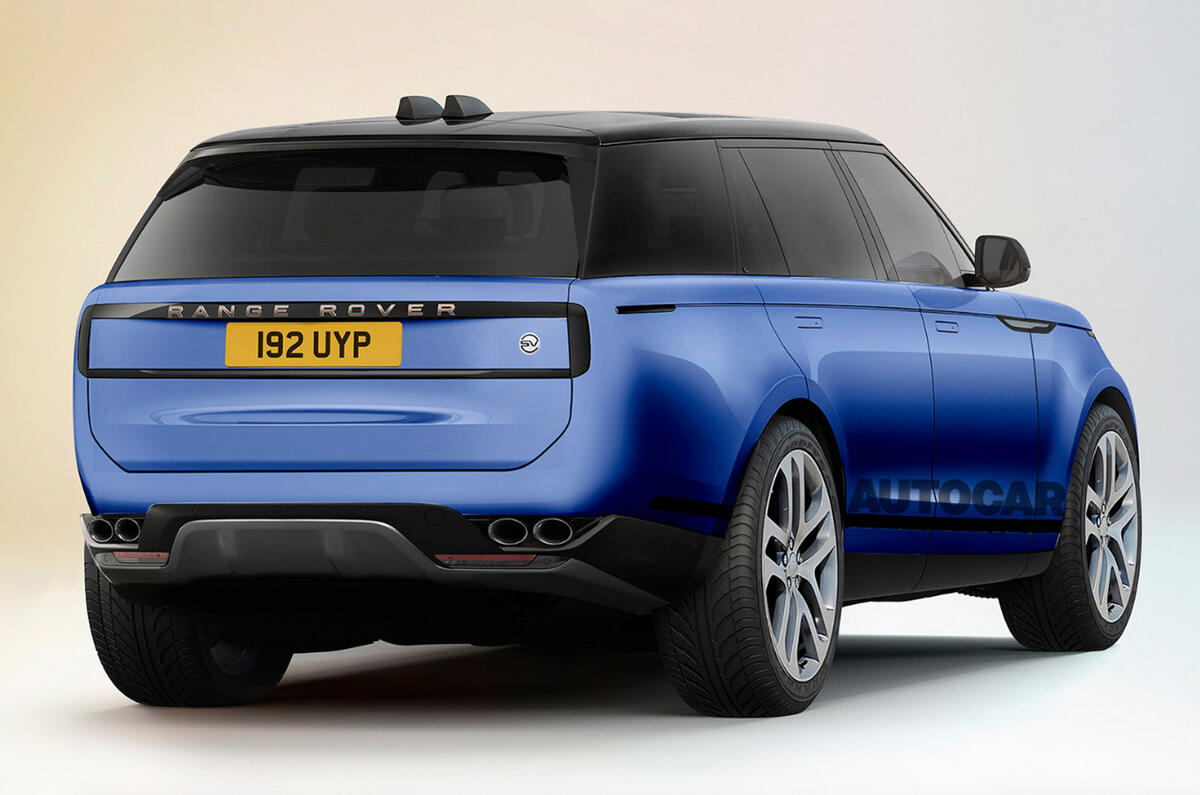
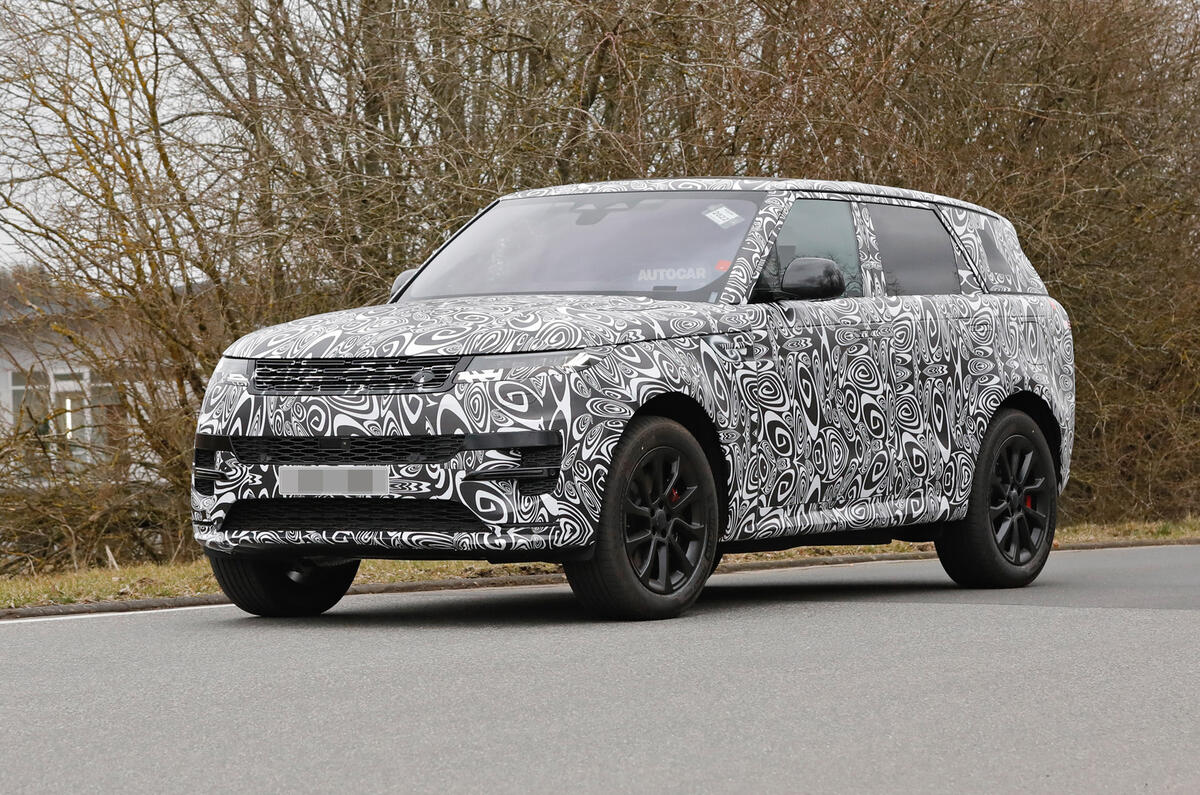













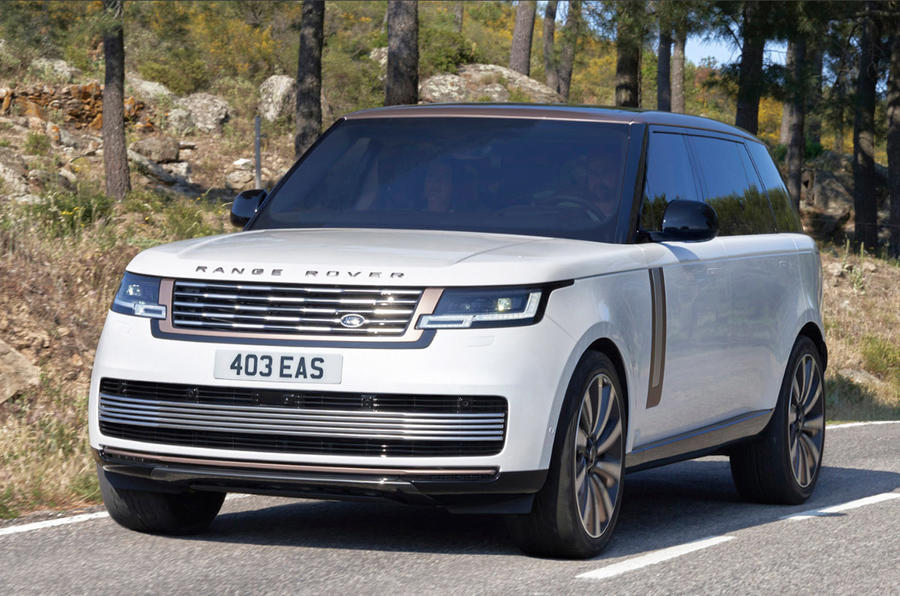




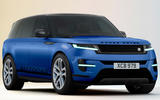






























Join the debate
Add your comment
What on earth will BMW be charging a direct competitor of the X5 and X6 for the use of their engines???
"The company has confirmed that all models will be offered with a pure-electric option by the end of the decade".
Just as well, seeing as how it will be illegal to sell petrol or Diesel engines cars beyond the end of the decade!
What were car body shells made of 20 years ago, rubber?